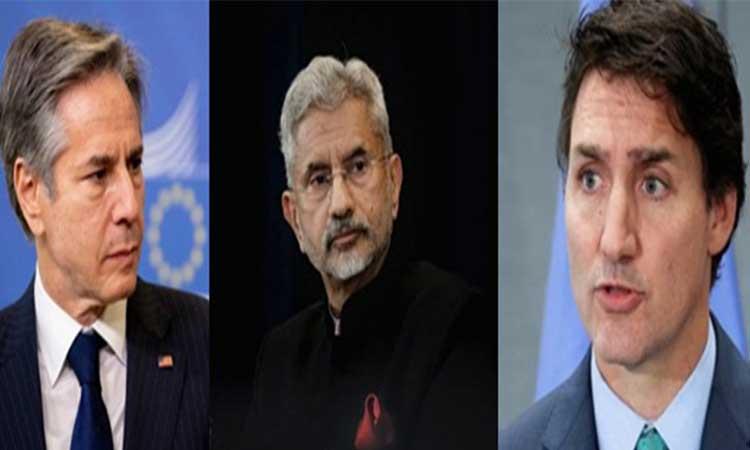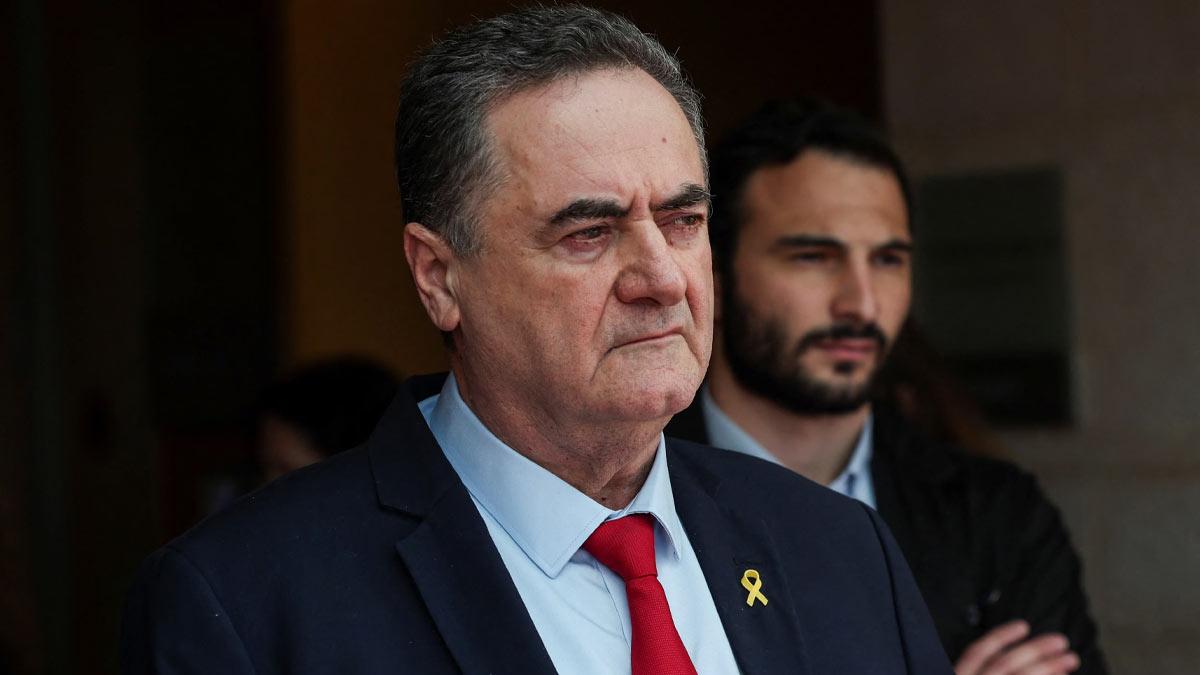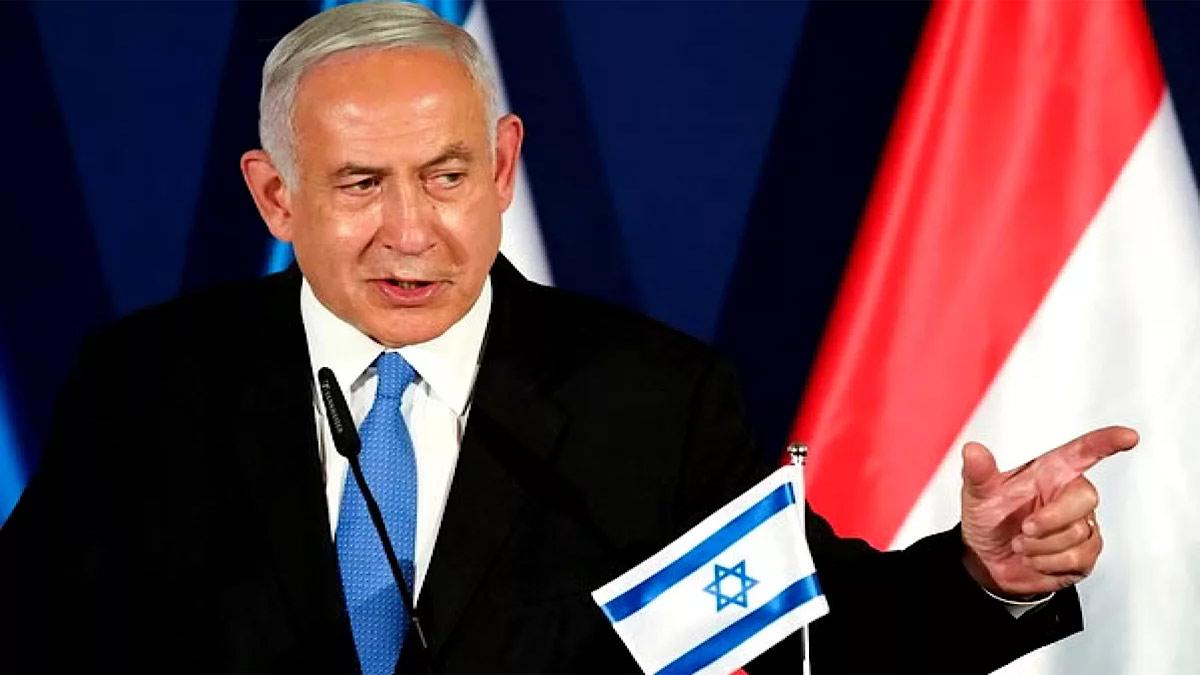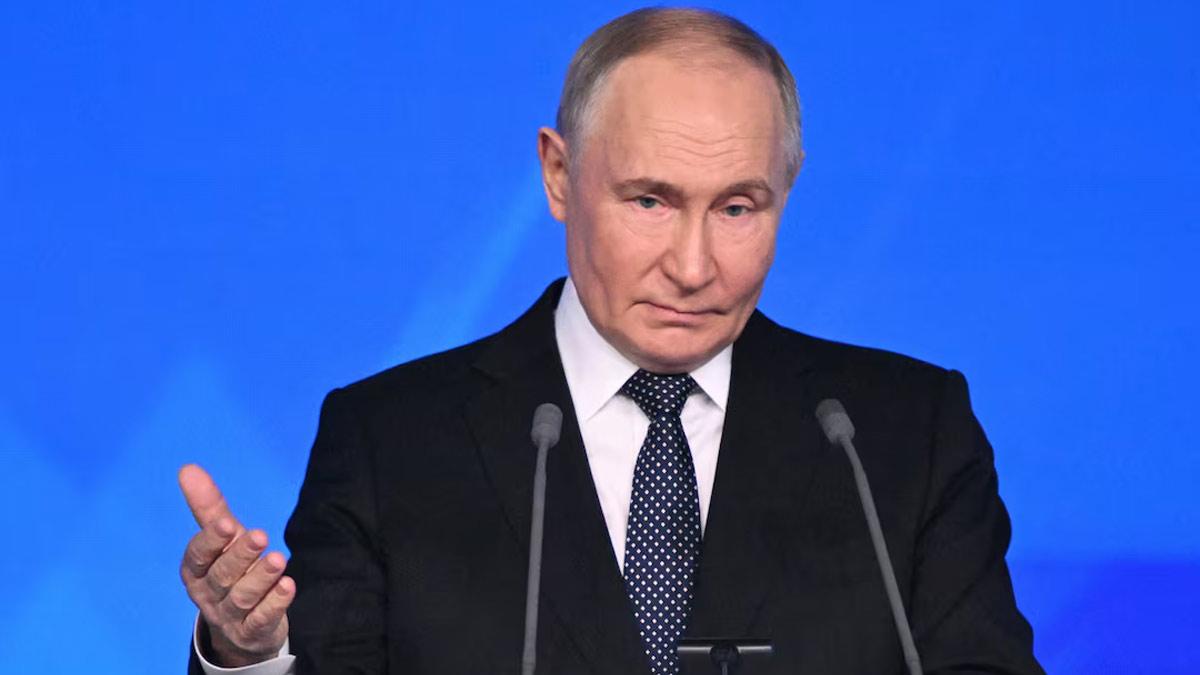The US was Five Eyes member country that provided some kind of corroborating intelligence that Canada used to firm up its assessment that Hardeep Singh Nijjar, a Canadian citizen and Khalistan activist, was killed in a plot by the Indian government, according to a report in The New York Times.
The report, which is based on accounts from two allied officials, says the US, which is a member of the Five Eyes intelligence sharing compact with Canada, the UK, New Zealand and Australia, had no advance knowledge of the plot but provided Canada the "context".
Ottawa developed the intelligence with the help of intercepts of communications of Indian diplomats in Canada.
US officials have backed Canada's investigation and called for India to cooperate, but they have not yet owned up to being the Five Eyes member country that provided corroborating evidence.
They have, however, been very clear from that start in expressing "deep concern" on the substance of Prime Minister Justin Trudeau's allegations and swatted any suggestion that it had rebuffed Ottawa's attempt to put together a G7 condemnation and that a wedge had been driven in the relationship between the two North American and NATO allies that share a long border.
Secretary of State Antony Blinken did indicate last week that the US was playing more an a passive, observer's role.
"We have been consulting throughout very closely with our Canadian colleagues – and not just consulting, coordinating with them – on this issue," he told reporters at a news conference.
"And from our perspective, it is critical that the Canadian investigation proceed, and it would be important that India work with the Canadians on this investigation. We want to see accountability, and it's important that the investigation run its course and lead to that result."
The subject could figure at a meeting this week between Blinken and External Affairs Minister S. Jaishankar, who will head out to Washington DC after wrapping up his UNGA meetings in New York City.
Nijjar, who was on India's list of wanted terrorists, was shot dead in Vancouver in British Columbia, Canada on June 18 by two men.
Investigations are underway but Prime Minister Justin Trudeau told the Canadian Parliament shortly after his return from India after attending the G20 summit there was "credible intelligence" pointing to the involvement of India in the killing.
The US Secretary of State went on to frame the allegations in a larger context.
"We are extremely vigilant about any instances of alleged trans-national repression, something we take very, very seriously. And I think it's important more broadly for the international system that any country that might consider engaging in such acts not do so. So it's something that we're also focused on in a much broader way."
The revelation that the US and Canada spied on Indian diplomats should not surprise anyone as that is a standard practice for host countries to keep a tab on foreign missions and diplomats on their soil.
Indians will be disappointed, though, that the US told on them to Canada.
Also read | US provided Canada with intelligence on Nijjar's killing: NYT


















